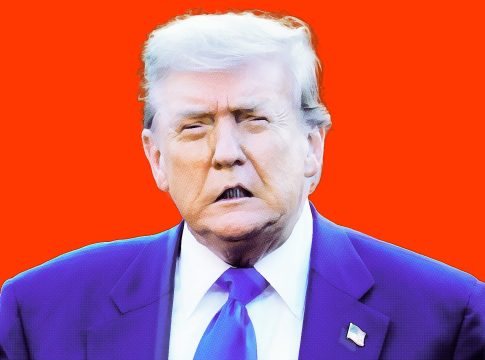US-China Trade Update: A New Chapter in the AI Arms Race
Navigating Rare Earths and AI Ambitions
In a significant diplomatic development, U.S. President Donald Trump and Chinese President Xi Jinping have settled a lengthy trade dispute concerning rare earth metals—elements crucial for the advancement of artificial intelligence (AI) technology. This deal arrives at a curious time, particularly as the U.S. appears to be ramping up competition with China in the AI sector.
The Importance of Rare Earths
Rare earth metals, often overlooked in mainstream discussions, are indispensable for manufacturing high-tech products ranging from computer chips to wind turbines. China currently holds a commanding position, controlling a vast majority of the global supply of these minerals, thereby wielding substantial leverage in trade negotiations.
Recently, U.S. Commerce Secretary Howard Lutnick announced that China would resume exports of these strategic materials to the U.S., a move expected to ease tensions. In return, the U.S. will lift corresponding tariffs that had been imposed earlier. This agreement is among ten new treaties aimed at "regularizing" trade tensions with various global partners.
Escalating the AI Arms Race
However, instead of adopting a less confrontational approach following this trade resolution, the Trump administration is taking steps that appear set to heat up the AI competition with China. Just a day after the rare earths agreement was publicized, rumors surfaced regarding impending executive actions designed to accelerate the development of AI technology in the U.S.
Key Measures in the Pipeline
-
Deregulatory Shift: One of the most controversial proposals involves easing restrictions that would allow AI firms greater access to national power grids. This could exacerbate the impact on local environments, as tech giants like Elon Musk’s xAI currently rely on environmentally damaging alternatives to fuel their energy-intensive data centers.
-
Land privatization: Another proposed measure could permit tech companies to purchase federal land, facilitating the establishment of data centers without significant interference from local regulations.
- Public Awareness Campaign: An upcoming "AI action plan" is expected to clarify the U.S. stance on AI development while concurrently framing the narrative as a battle for technological supremacy against China.
Implications for the Future
The shift towards an AI-centric arms race indicates a strategic pivot that seems less about genuine threats and more about positioning U.S. companies against Chinese competition. There’s a growing perception that U.S. leadership believes a new "Cold War" is underway—not about nuclear weapons but about who will dominate next-generation technologies like AI.
As AI industry reporter Garrison Lovely put it, "Only one superpower has a government commission publicly calling for a militarized race to build superintelligent AI, and it’s not China." This reality underscores a critical juncture for U.S. tech policy.
Looking Ahead
Overall, this evolving landscape raises essential questions: What are the long-term implications of an AI arms race? Will it lead to more innovation or a divisive technological schism? The stakes are high not only for tech companies but for society as a whole as we navigate the complex interplay between trade, technology, and global power dynamics.

Writes about personal finance, side hustles, gadgets, and tech innovation.
Bio: Priya specializes in making complex financial and tech topics easy to digest, with experience in fintech and consumer reviews.

